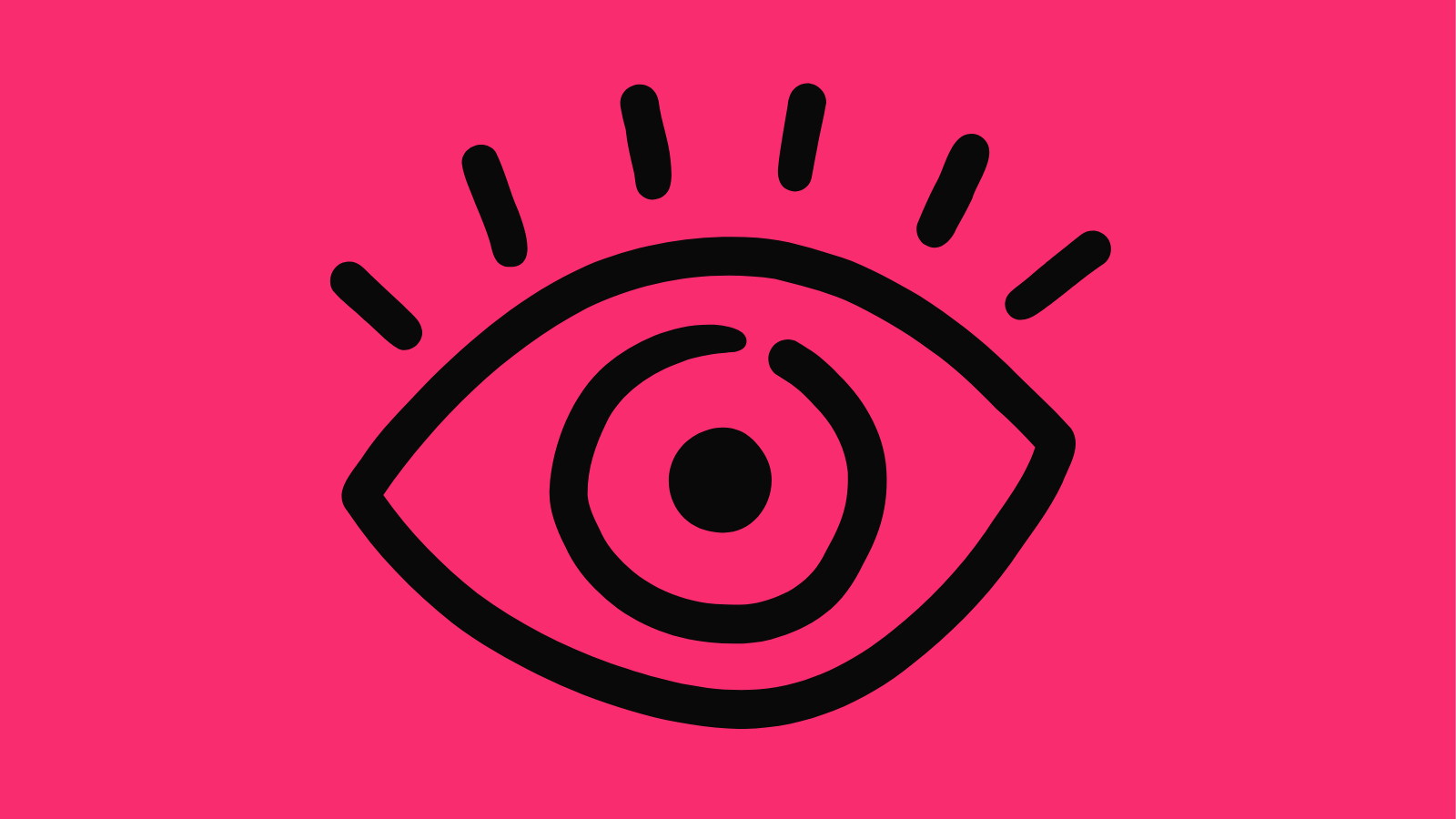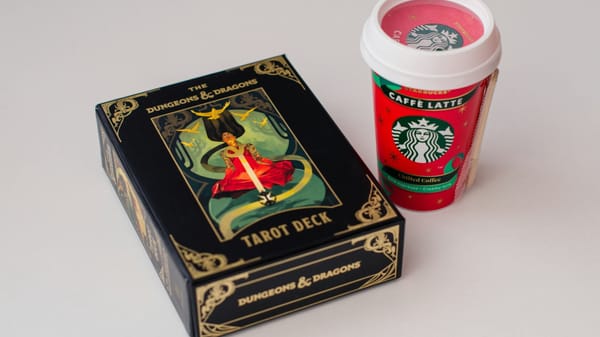The Dark Eye Isn't Just “Germany's D&D”
What does Das Schwarze Auge want to be for its 40th birthday?

For most people outside Germany, Das Schwarze Auge is simply Germany's D&D. And that's reasonable—it's a fantasy game where you play adventurers and heroes, and there's elves and dwarves and HP and combat and all that stuff. But there's more happening here than meets the (dark) eye.
“I think it's useful to know that The Dark Eye started as an act of plagiarism,” said Franziska Ascher, the editor at Paidia, one of Germany's biggest journals on game studies, and an Actual Play performer. The enterprising trio of Hans Joachim Alpers, Ulrich Kiesow, and Werner Fuchs wanted to bring D&D to their country but couldn't agree on terms with TSR over an official license. Eventually, they used Kiesow's homebrew setting and wrote their own ruleset. Some obvious differences kept the new game from being just a D&D clone. For example, the core mechanic was “roll under” so people cheered a Nat 1 rather than a Nat 20. For Ascher, “...it's a bit like Apple and Microsoft. One has the button on the right so the other has the button on the left.”
Derivative or not, The Dark Eye was an instant success, apparently selling 100,000 copies in its first year. This was possible because it was published by a large games company called Schmidt Spiele, alongside book publisher Droemer Knaur. Through their existing relationships with department stores that stocked their books, board games, and card games, the two companies were able to get The Dark Eye in front of people straight away. The company also took out TV ads, which beamed images of their new game directly into people's homes across the country. According to game designer Gerrit Reininghaus, these ads made it seem like “RPGs were… the Next Big Thing that year”. The game's immediate success led to a slew of adventures, the wider development of its setting (Dere, which is an anagram of Erde, the German word for Earth), and two more editions.
By the ‘90s, The Dark Eye was losing its sparkle due to Magic: the Gathering and other factors. Schmidt Spiele went bankrupt in 1997—the same year that TSR was sold to Wizards of the Coast to avoid insolvency. The original creators then took back the rights to the game through their company, Fantasy Productions. Just as WoTC immediately got to work on D&D’s 3rd edition, they released their 4th edition in 2001. This was a major shift that embraced a sweeping GURPS-like point buy character creation system and continued the existing simulationist philosophy, with all the complexity, multi-page character sheets, and jokes about “tax forms” that it brought. The game was bought by Ulisses Spiele, one of the two largest tabletop companies in Germany, in 2007 and continued expanding on the game's much-loved setting. This is where the real difference in culture emerges.





